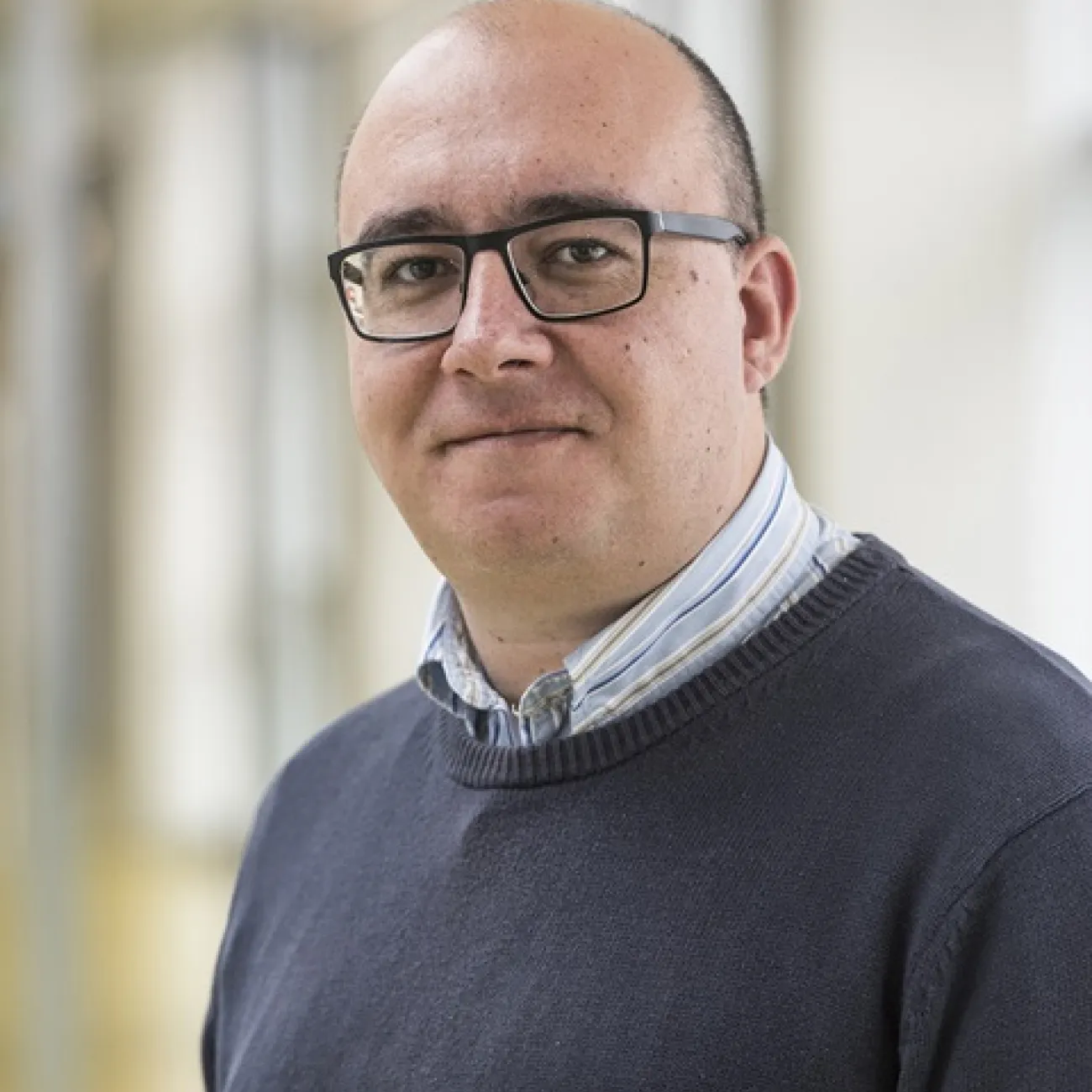About
Dr. Sayan is running a patient inspired lab to identify new biomarkers and new therapeutic options to treat metastatic cancers.
Research
Research interests
- - The link between EMT and apoptosis/therapy resistance.
- - Mechanobiology of EMT: How tumour stiffness associates with EMT and creates tumour microenvironment.
- - How EMT influences non-cancer cells in tumour microenvironment (e.g. T cell recruitment or fibroblast-myofibroblast differentiation).
Current research
Dr. Sayan’s research has a focus on general mechanisms of carcinoma development, in particular mechanisms of Epithelial-Mesenchymal Transition (EMT) and Cell Fate Control.
EMT is a genetic trans-differentiation program when epithelial cells lose epithelial markers and become mesenchymal which results enhanced cell motility and invasiveness. This developmentally important process is also implicated in wound healing, fibrosis and metastasis in adult life. Specifically, cancer EMT is associated with in cancer stem cell formation and therapy resistance (resistance to apoptosis).
More than 15 transcription factors functioning downstream of TGFb, Wnt and Notch signalling pathways have been identified to induce EMT. These transcription regulators belong to Zinc finger (ZEB2, ZEB1, SNAIL, SLUG, SMUC, ATBF1, ZFH-5), basic Helix Loop Helix (TCF3, TCF4, Twist-1, Twist-2), Biocoid Subfamily (GSC1, GSC2) and DNA binding Forkhead Domain (FoxC1, FoxC2) family proteins (they will be referred as EMT-inducers from here on). Data produced by us and others demonstrate a role for EMT inducers in pathways critical for cancer development. For example, ZEB2 inhibits G1-S cell cycle progression through transcriptional repression of cyclin D1 and protects cancer cells from DNA damage-induced apoptosis. This effect on cell survival is associated with the reduced phosphorylation of ATM/ATR targets in response to DNA damage. ZEB2 was also identified as one of the main transcriptional repressors of the catalytic subunit of telomerase (TERT). These results suggest that ZEB2 up-regulation in cancer cells contributes to their survival and spread. However, in order to proliferate and evade senescence, cancer cells have to switch off ZEB2 expression. Thus, a temporal control over ZEB2 expression is essential for tumor progression. These observations are in line with the functions of EMT inducers during development. EMT proceeds with decreased cell proliferation and resistance to apoptosis to make sure that the committed migrating cells will be quantitatively the same at destination. Migratory cells have a temporary cell cycle arrest because cell division and migration require different cyctoskeletal arrangements. On the other hand, developmental EMT induces resistance to apoptosis as migratory cells may have to go through potentially hostile environments before they settle down.
The aim of Sayan lab is to correlate the developmental functions of EMT inducers in cancer models and try to understand how cancer cells use EMT programs for their benefit. This includes the effects of metastatic cells to other cells (such as fibroblasts and immune cells) in tumour microenvironment
Research projects
Completed projects
Publications
Pagination
Teaching
Project field lead: Translational Cancer Cell Biology
Lecturer and facilitator on the following courses
BIOL 3043 & 6039 Molecular and Cellular Pathology
Integrated PhD Cancer Pathway
BM4 Year 1 and year 2 graduate group facilitation
BM4 programme (Cells and Ageing)
Research Project Supervisor (students from the following)
Integrated PhD Cancer Pathway
MMedSc
BMedSc
MRes (HdH unit)
Personal tutor: Medical students
Faculty of Medicine admissions: Interviewer
External roles and responsibilities
Biography
Dr Sayan holds a Molecular Biology and Genetics (MBG) degree from Bogazici University (Istanbul, 1995). Then he completed his MSc. (1997) and PhD. (2002) degrees in Bilkent University (Ankara). Between 2002 and 2010, he did 3 post-doctoral trainings in France (INSERM U370, Paris) and UK (MRC Toxicology Unit, Leicester and University of Leicester, CSMM dept). Dr Sayan was appointed as a lecturer in Cancer Sciences Division at University of Southampton in 2010. His research (between 1997 and 2010) comprised the role of p53 family member proteins (p53, p63 and p73) during normal physiology and cancer development. Additionally he developed interest in Epithelial-Mesenchymal Transition (EMT), a process key to the spread of tumor cells, which is implicated in metastasis and chemo-resistance. As metastasis is the primary reason for cancer related death, identification and characterization of EMT pathways is critical for patient stratification and development of new therapies.
Prizes
- Teaching award, Faculty of Medicine (2017)
